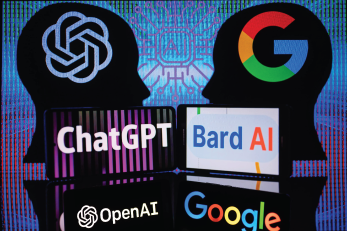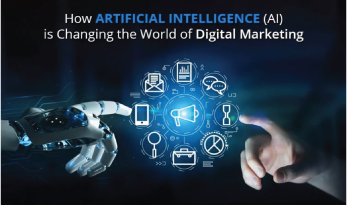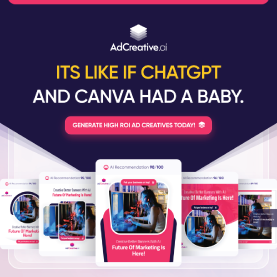In a rare gathering of minds, three of the world’s most accomplished thinkers convene to discuss Artificial Intelligence (AI)—a transformative force with profound implications for human society. Together, they explore the dualities of AI: its potential to elevate humanity and its capacity to disrupt the very fabric of our world.
Generative AI: Truth and Creativity in Jeopardy
Generative AI has become a double-edged sword. On one hand, it is a marvel of innovation, capable of creating realistic images, composing symphonies, and writing articles. On the other hand, it is filling the internet with false information, blurring the line between fact and fiction. The rise of deepfake technology and AI-generated propaganda raises questions about how we discern truth in an increasingly digital world.
For artists, writers, and professionals in creative fields, the encroachment of AI poses existential challenges. Originality, once the hallmark of human creativity, is now being replicated by machines. While AI can enhance creative processes, it also threatens to overshadow human contributions. How can we strike a balance that respects human artistry while embracing technological progress?
The Power of AI: Discovery and Danger
AI’s capabilities extend far beyond creative pursuits. It is discovering new medicines at a pace previously unimaginable, revolutionizing healthcare, and offering hope for curing diseases once deemed incurable. Yet, in the same breath, AI is running military drones, making life-or-death decisions in milliseconds.
The technology’s decision-making processes often remain opaque, even to its creators. This lack of transparency sparks concern: how can we trust AI to act in our best interests when we cannot understand or predict its choices? The absence of control mechanisms for such powerful systems demands urgent attention from governments, technologists, and society at large.
Humanity at a Crossroads
As AI continues to transform the world, humanity finds itself at a pivotal moment. The potential for good is immense: AI can solve global challenges, reduce human suffering, and propel us toward new horizons. However, the risks are equally staggering: job displacement, ethical dilemmas, and the erosion of trust in information.
The conversation about AI’s future must be inclusive, involving not just technologists but also ethicists, policymakers, and the public. Together, we must address questions like:
- How do we regulate AI without stifling innovation?
- What ethical frameworks should guide its development?
- How can we ensure AI serves humanity rather than undermining it?
Charting a Path Forward
The dialogue among these deep thinkers is a call to action. AI is not merely a tool; it is a transformative force that will shape the trajectory of human civilization. By fostering global collaboration, prioritizing transparency, and emphasizing ethical considerations, we can harness AI’s potential while mitigating its risks.
The future of AI is not preordained. It is a narrative we are writing together, and the choices we make today will define the world of tomorrow. Let this be the moment we choose wisdom over haste, collaboration over division, and humanity over hubris.


